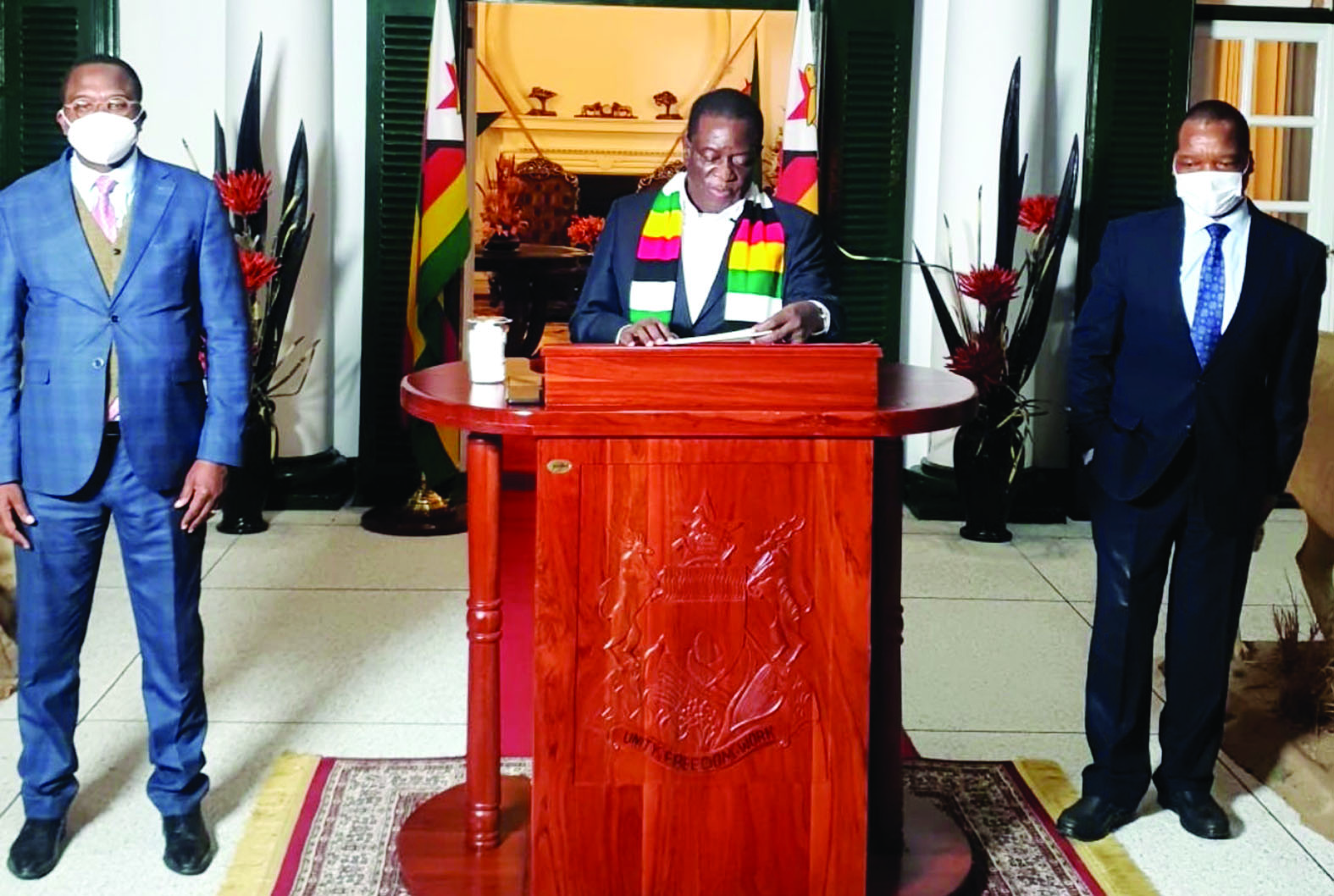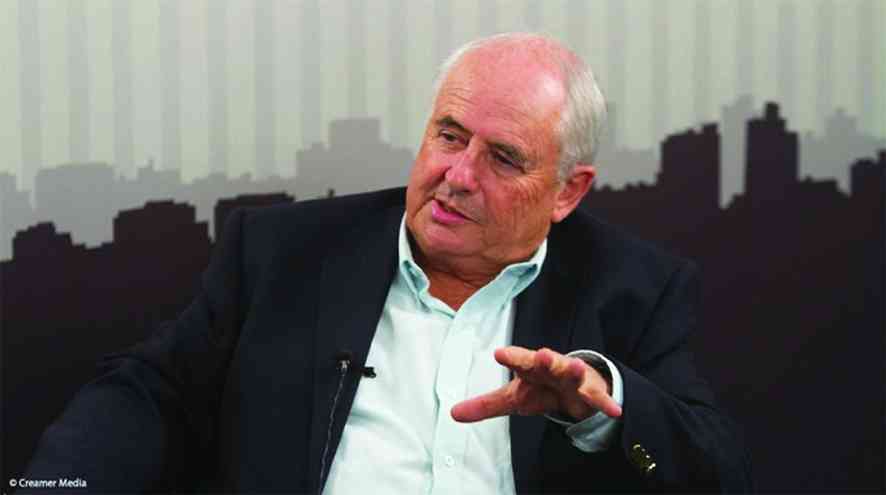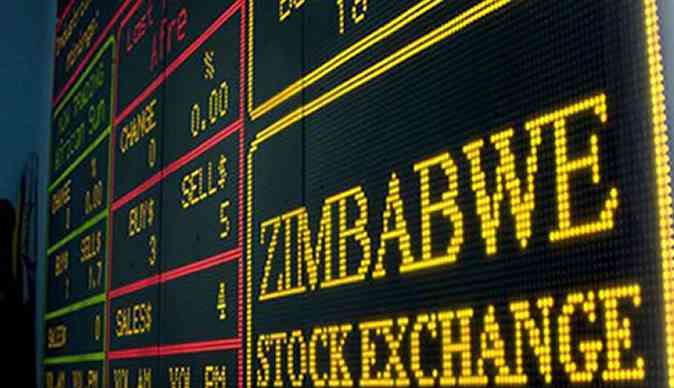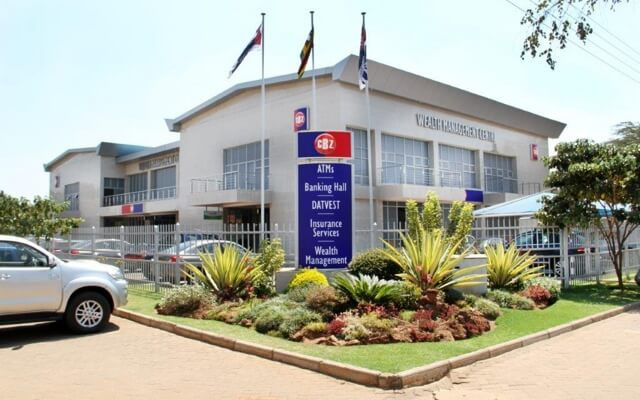
BY MTHANDAZO NYONI in Victoria Falls THE Zimbabwe Stock Exchange (ZSE) has lost an average of 30% following tough trading measures laid down by the government in May this year, Imara Asset Management chief investment Shelton Sibanda has said.
Facing headwinds ranging from a battered currency to steep surges in inflation, government announced unprecedented radical monetary policy shifts on May 7, banning bank lending and tightening the screws from stocks trading to supermarkets.
Capital gains tax was reviewed from a flat rate of 20% to 40% for shares held for a period less than 270 days.
“We have seen investors moving in numbers towards the Zimbabwe Stock Exchange and in the last two years, in real terms — in US dollar term — the stock market has done exceptionally well. In 2021, it was doubled in real terms,” Sibanda said during the Zimbabwe National Chamber of Commerce 2022 annual congress.
“Now, in about two months ago, politicians have been making certain pronouncements around the ZSE which are not correct and I want to set the record straight here. The ZSE does not create the money. For you to buy the shares, you need to have received or gotten the money from somewhere else. Let’s break it into numbers so that I can exactly reveal what is going on.
“So, the peak for the market this year was April 27 which was about two months ago. Then we had an announcement as well from the President (Emmerson Mnangagwa), since then, because of the negative energy around the ZSE, it has been on a downward trend. The ZSE has lost an average of 30% from the April 27 peak.”
Market capitalisation on the local bourse reached $3,5 trillion as of April 29, 2022, gaining significantly since the beginning of the year, according to official data.
As at June 28, 2022, market capitalisation stood at $2,5 trillion.
- Chamisa under fire over US$120K donation
- Mavhunga puts DeMbare into Chibuku quarterfinals
- Pension funds bet on Cabora Bassa oilfields
- Councils defy govt fire tender directive
Keep Reading
“Remember, there has been accusation that the market is creating liquidity and all sorts of things coming through. At the same time, the exchange rate within that particular period … has been depreciating. On April 27, I think the exchange rate on the auction rate was around US$1:$160,” Sibanda said.
“I think today we are looking at about $367. On the parallel market, the exchange rate was around US$1:$360 and … the number now is — US$1:$650 or US$1: $700, but you can see what has happened to the currency side and the stock market has gone down.”
He added: “The real issue which speaks to the headwinds that we are talking about is the growth in money supply, we need to tell the truth about.
“Between the end of December 2021 and April 27, money supply went up by about 41% in four months.
“We were sitting on $671 billion by the end of April. I don’t know what has happened in May and June, but if you look at the exchange rate, it will tell you a story. Now, forget about January and February, you break it down again into March and April, the cumulative increase in the four months is $196 billion in terms of overall money supply growth. But 84% of that was in two months.”
Sibanda said the reason for the potential increase in money supply “is the government apparently funding infrastructure projects” through creation of money.
“But as investors we are there. We are saying pension funds create long-term instruments for us. We are happy to fund this if you create a sustainable environment,” he said.
“But if there is that mismatch between inflation and currency depreciation, we will be hesitant to give you money when month-on-month inflation is averaging 30%.”
- Follow us on Twitter @NewsDayZimbabwe











